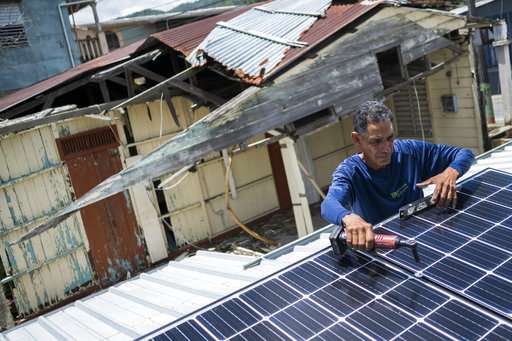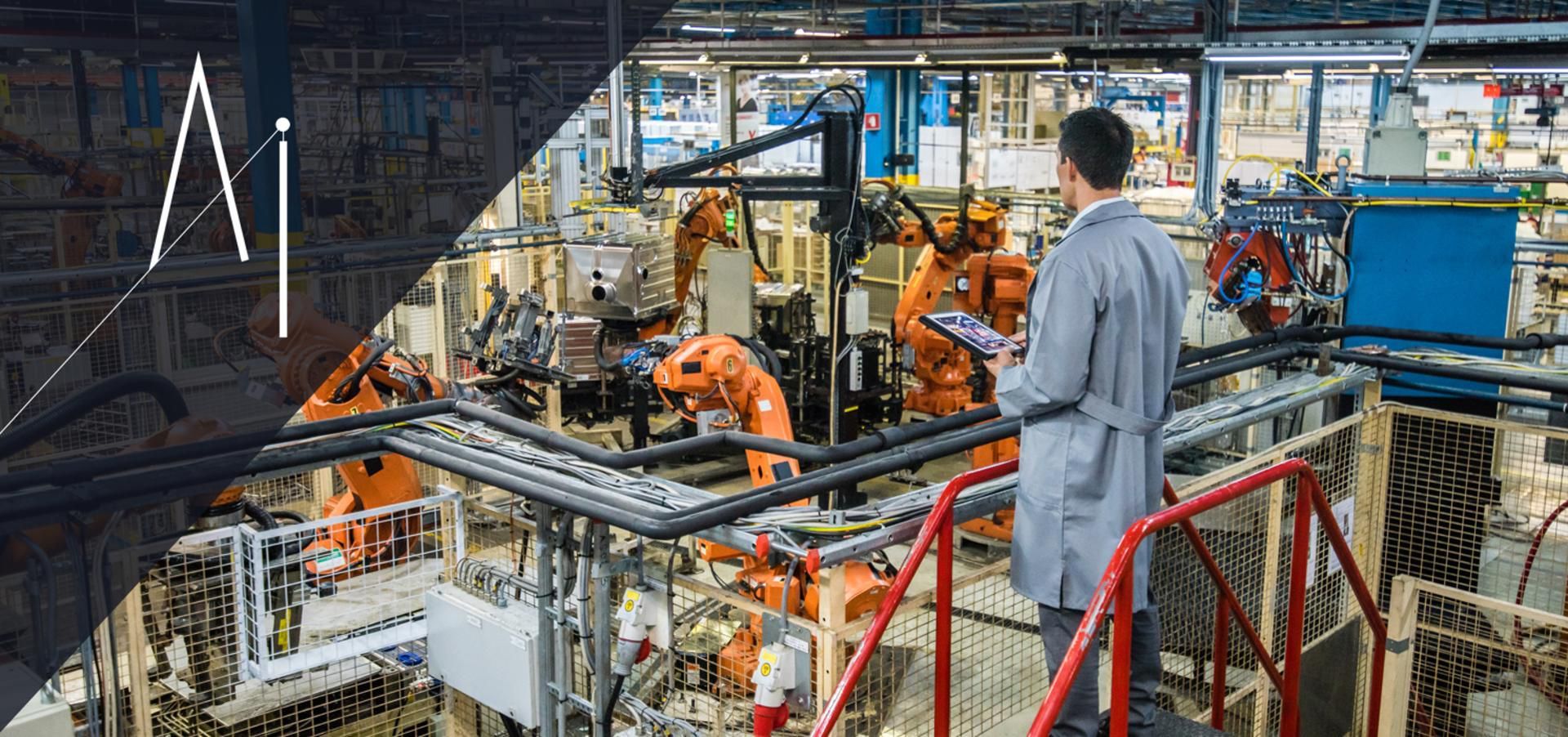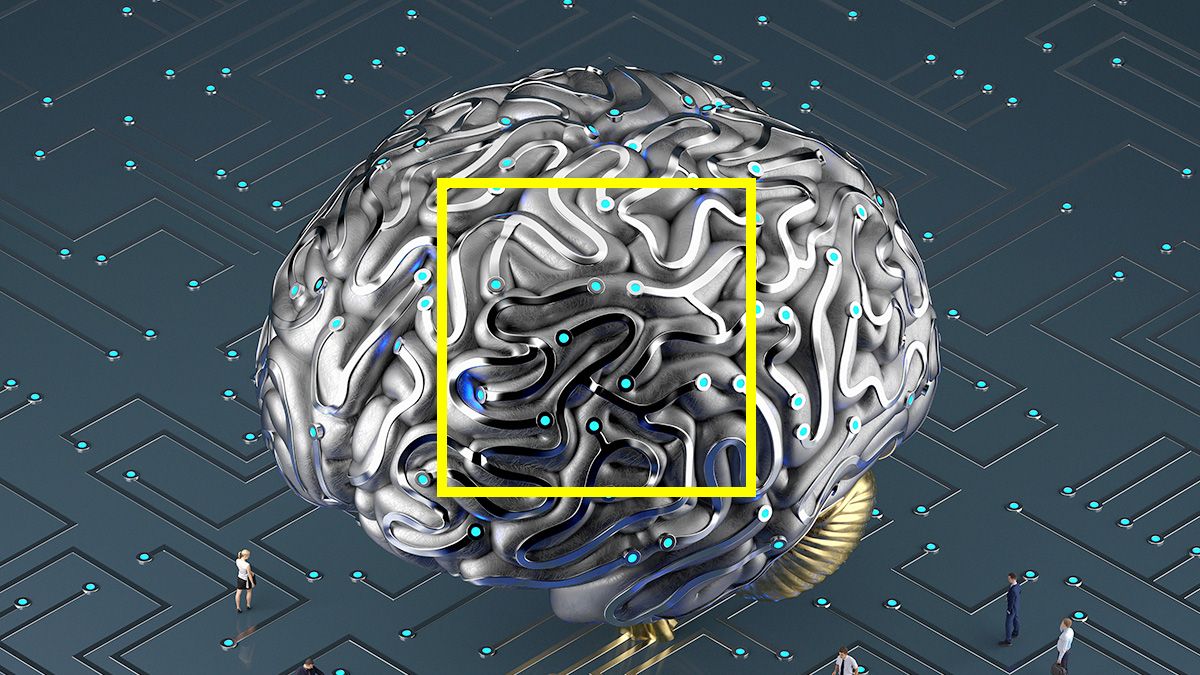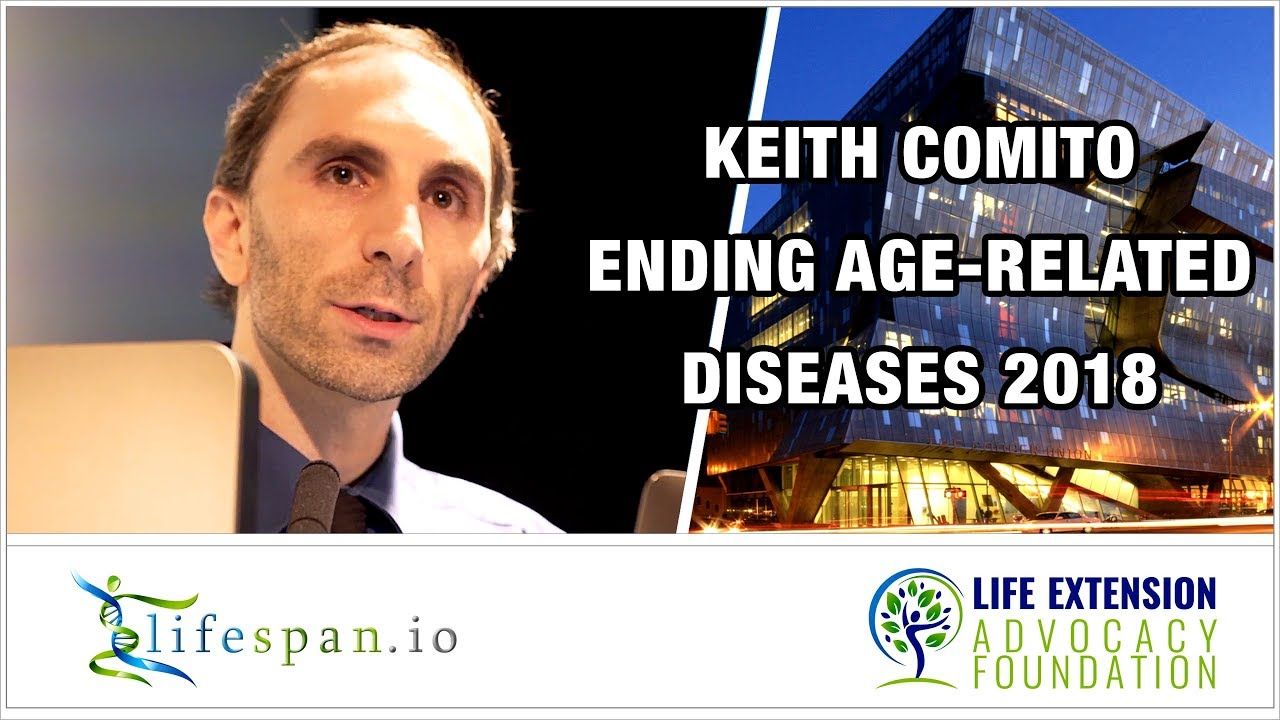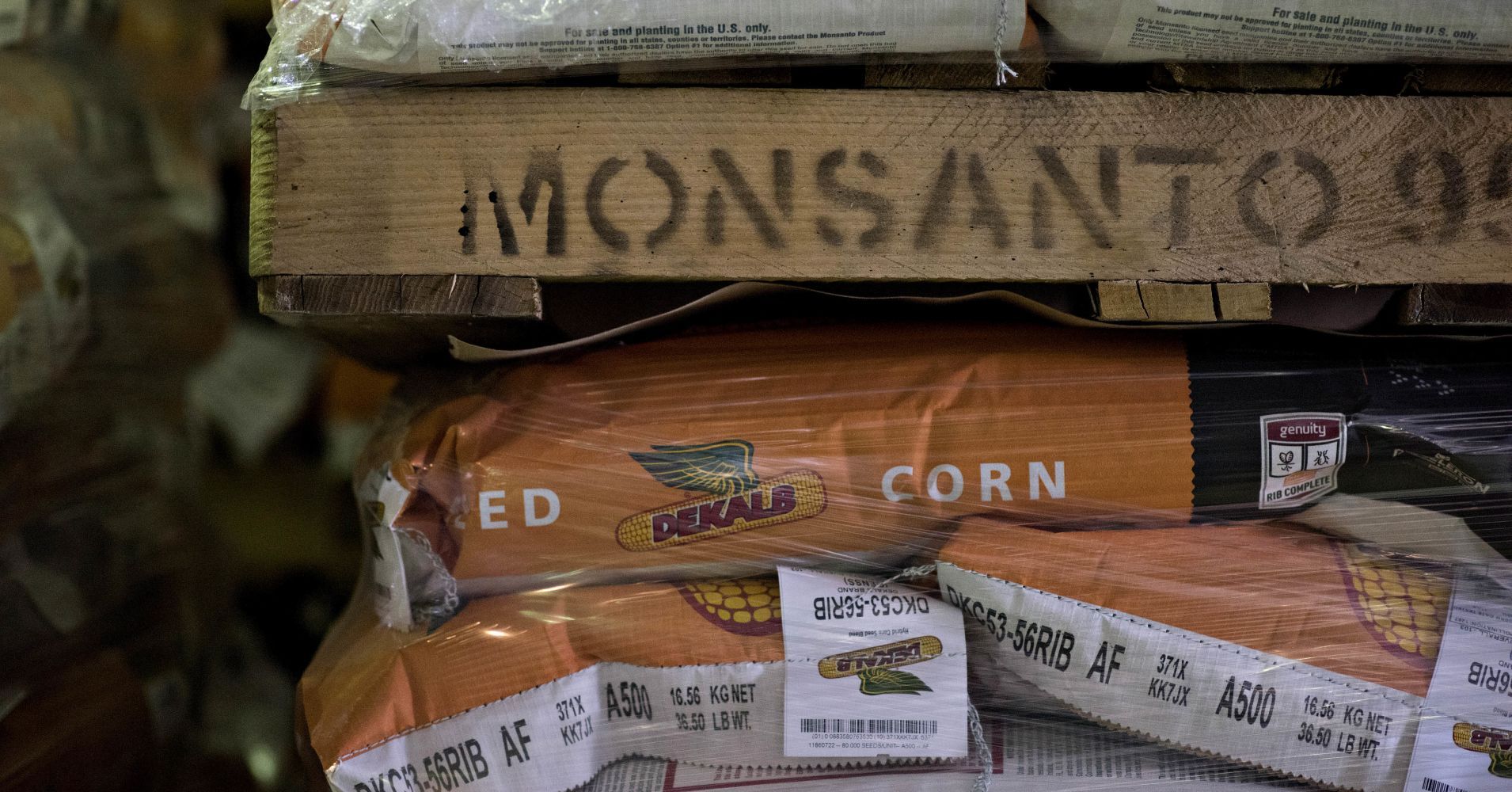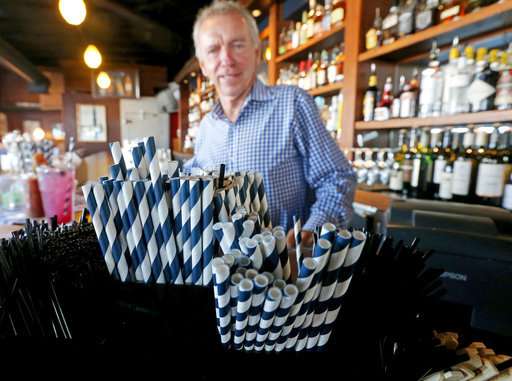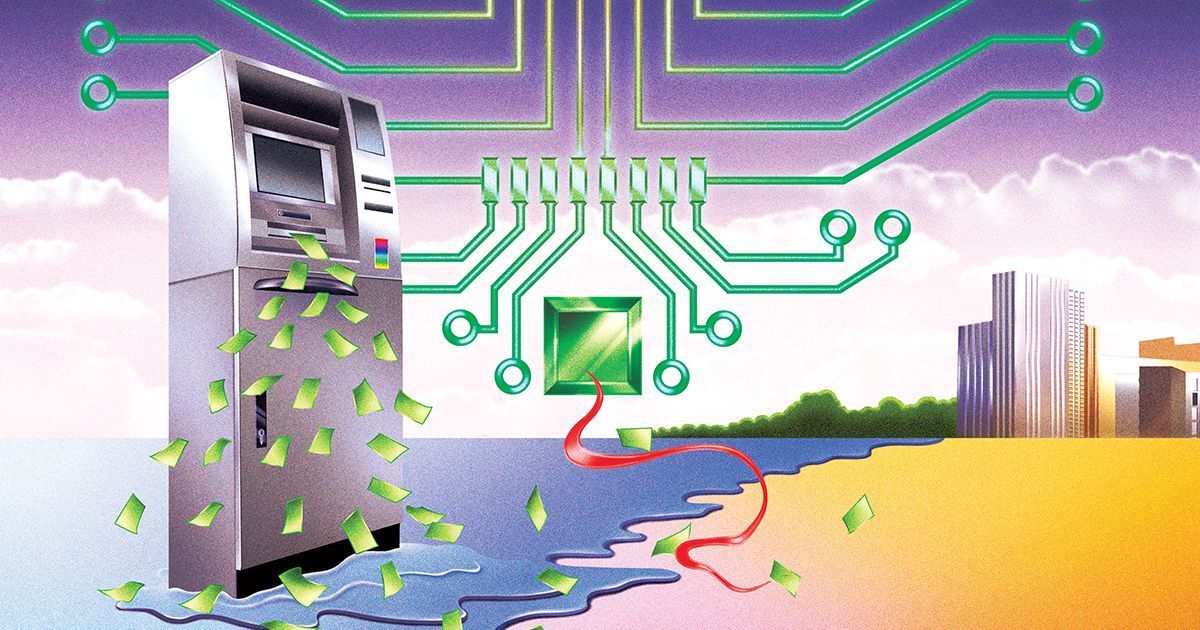Why on Earth would you ever want to be less than completely healthy?
Recently, Reason of Fight Aging! pointed out psychological research revealing a certain conservatism in terms of what people consider to be the “ideal” levels of happiness, intelligence, longevity, and even health.
It probably doesn’t come as a surprise that significant numbers of people in the studies weren’t too keen on the idea of living much longer than the average (around 90 years), and even under the assumption of eternal youth, their preference didn’t go past 120 on average; after all, LEAF wouldn’t be in business if the idea of healthy life extension wasn’t so inexplicably frowned upon. What’s really flabbergasting, though, is that even health—health!—is apparently something you can have too much of; on a scale from 0 (“completely unhealthy”) to 100 (“completely healthy”), the average preference gravitated somewhere between 80 and 90. These results provide us with an occasion for reflection.
(Il)logical conclusions
It’s uncertain whether the respondents in these studies realized the bizarre yet inevitable implications of their statements. If 100 means “completely healthy” and your “ideal” level of health is only, say, 85, does that mean that, should you ever perceive that you’re about “90” healthy, you’d deliberately start looking into ways of harming your own health to get back to your ideal level? How, exactly, would being “90” healthy be too much? What would you dislike about not being a little more sick? How would you benefit from being less than completely healthy? Has there ever been, at any point in your life, a moment when you thought, “Blimey, I’m far too healthy for my own good. Time to get sick”? Do you think a point will ever come when, while sick, you’ll think, “Perfect timing—I was just concerned that I was healthier than my ideal level”?
Read more
